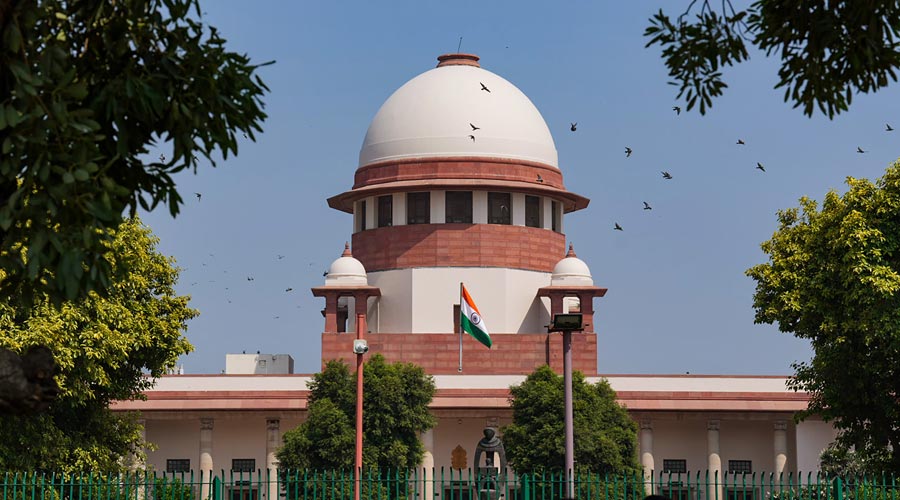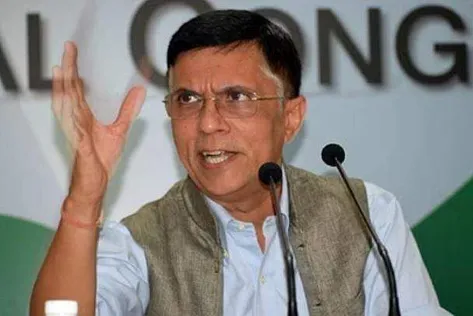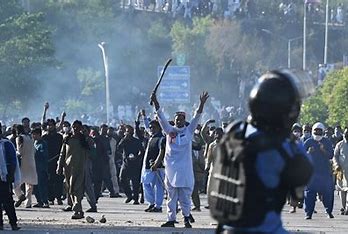
The Supreme Court stressed on Friday the necessity of ceasing crop residue burning in Punjab and neighbouring states, citing the urgent need for a solution to reduce pollution levels in the Delhi-National Capital Region (NCR).
During a hearing on the pervasive air pollution in the Delhi-NCR, a bench led by Justice Sanjay Kishan Kaul expressed dissatisfaction with the lack of tangible progress despite numerous reports and committees addressing the pollution issue.
Acknowledging the positive impact of timely rain on November 10 in dispelling smog from the capital, the court stressed the importance of ground-level implementation rather than relying on theoretical reports and commissions addressing the pollution issue.
The bench, also comprising Justices Sudhanshu Dhulia and Ahsanuddin Amanullah, said the apex court wanted to see the results. The Court said, if solution cannot be find out, then secretaries of states concerned might be call upon.
The court stressed again and again the importance of elementary implementation rather than relying on reports and theories. Justice Kaul stated, “We are not looking at anything here but ground-level implementation.”
During the hearing, Delhi government defended its Odd-Even scheme to control vehicular pollution, the court challenged its effectiveness and urged the government to develop practical solutions rather than depending on court orders. Justice Kaul asserted, “The government cannot depend on Supreme Court orders.”
Addressing stubble fires, the court directed the Centre and the Punjab government to take immediate measures, suggesting that stubble burning must be halted even if it requires extraordinary efforts. The court contemplated orders for officials to work without masks to experience the health hazards caused by stubble burning and even proposed attaching the property of those violating warnings.
Justice Kaul highlighted the responsibility of farmers in society and expressed skepticism about the effectiveness of registering FIRs against violators. The court also questioned the suggestion to phase out paddy cultivation in Punjab, emphasising the need for incentives to encourage farmers to switch crops.
Further, the Centre and the Punjab government assured the court of their commitment to addressing the situation.















